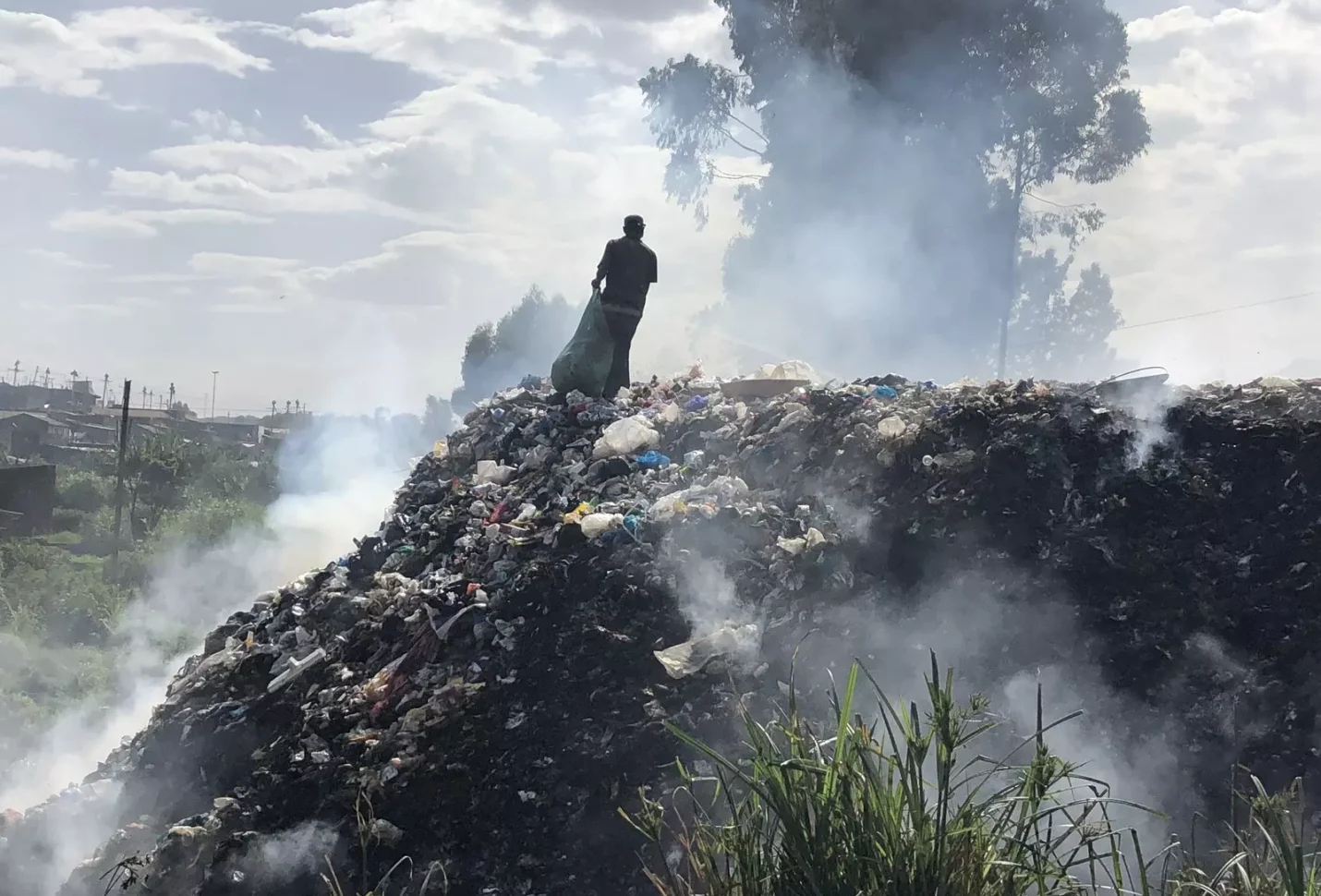
TPP to expand its activities to Saudi Arabia, UAE to promote innovative youth
The Potcast Productions Company (TPP), the leader in podcast production in the Middle East and ...

New financial instruments, such as plastic credits, are emerging to incentivize plastic waste collection. These voluntary mechanisms can potentially finance waste management activities and organizations in contexts where legally binding regulations and extended producer responsibility (EPR) – which means producers are responsible for a product’s end-of-life environmental impacts – are not yet in place. However, in their current state, EPR and plastic credits focus nearly exclusively on the environmental aspects of waste collection while leaving out critical human rights and social dimensions.
Companies that bring plastic products and packaging to the market should assess and reduce their plastic footprint first. Secondly, where plastic materials use cannot be avoided, companies should aim to substitute virgin plastics with recycled materials for more sustainable supply chains. As plastic credits do not prevent future waste, they should only be considered after a company’s core efforts have been maximized.
These findings are only a first step. Further research and actions regarding the potential effects of plastic credits are needed to ensure human rights are respected and long-term benefits are unlocked for all stakeholders in the informal waste management sector.
The impacts and needs of informal stakeholders are underserved. Third-party auditors should track the socio-economic impact of schemes on participating informal waste collectors over time.
An international agreement could serve as a relevant guideline for setting universal definitions, a common language and defining baseline criteria in terms of governance, environmental and social sustainability that funding programs and financing mechanisms for plastic waste management must adhere to.
According to United Nations Environment Program (UNEP) Executive Director Inger Andersen, a binding agreement on plastics and plastic waste would constitute “the most important environmental deal since the Paris accord.”
The Potcast Productions Company (TPP), the leader in podcast production in the Middle East and ...
Minister of International Cooperation Rania Mashat urged the international community to expand innovative financing tools ...
More than a third (36%) of senior leaders in the financial services sector use generative ...


اترك تعليقا